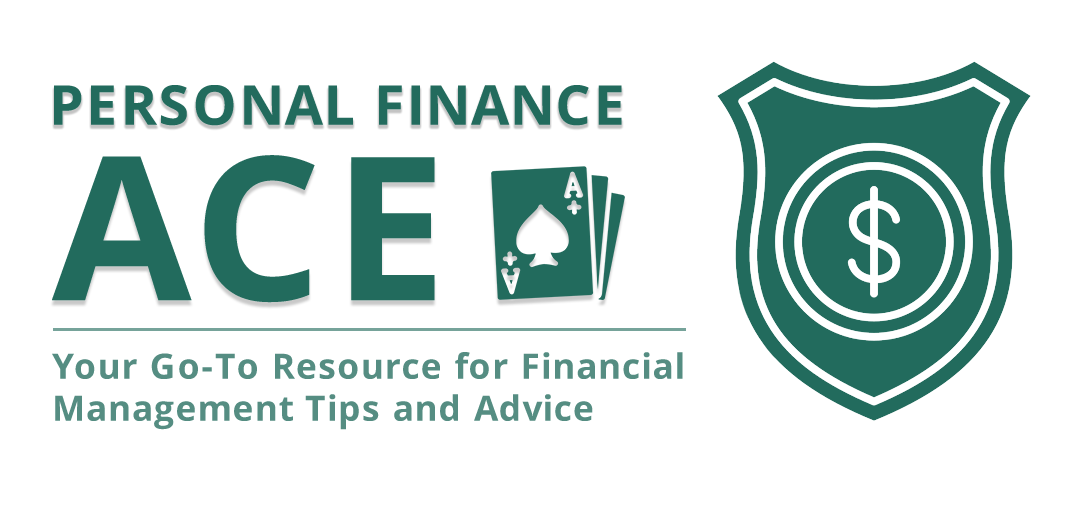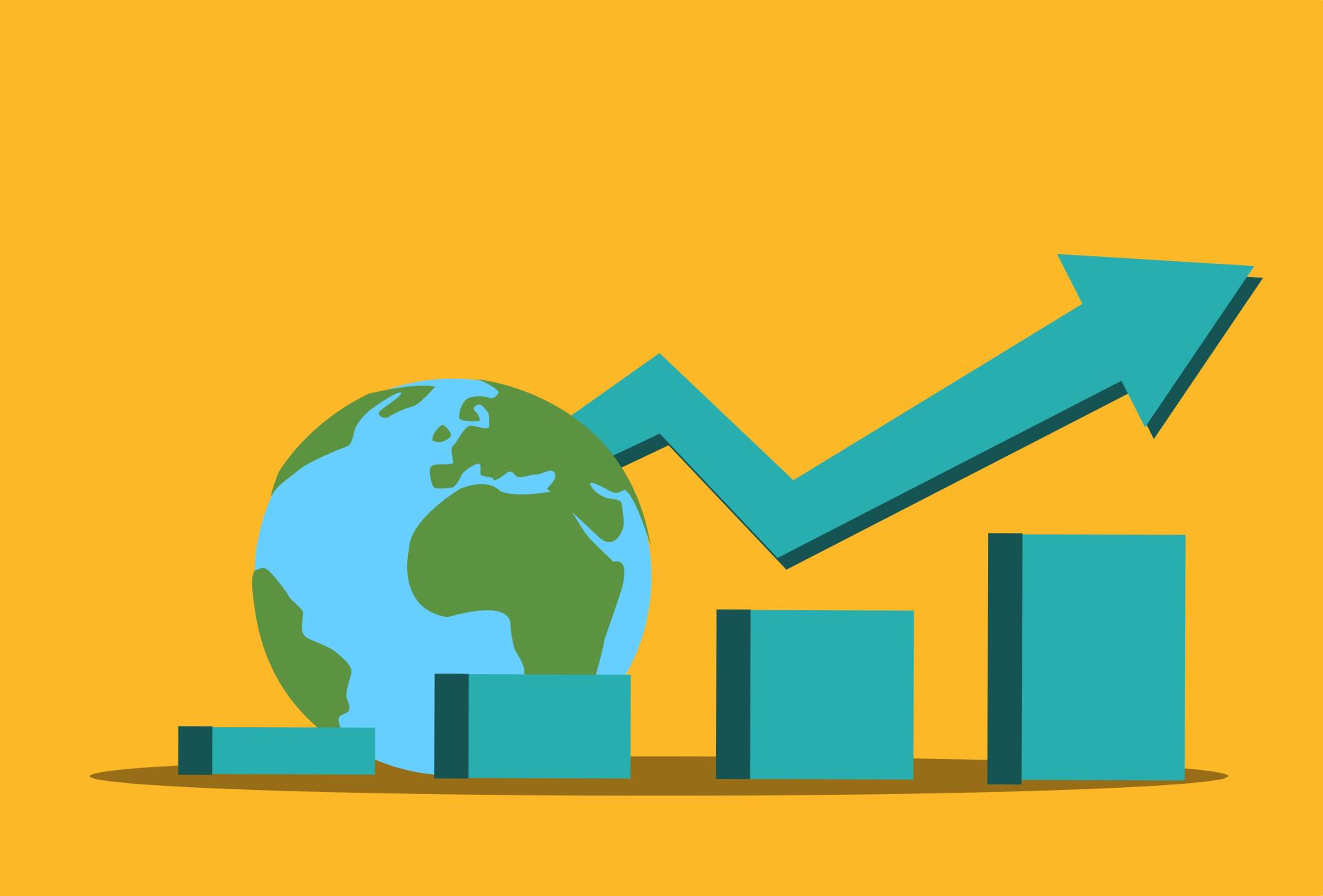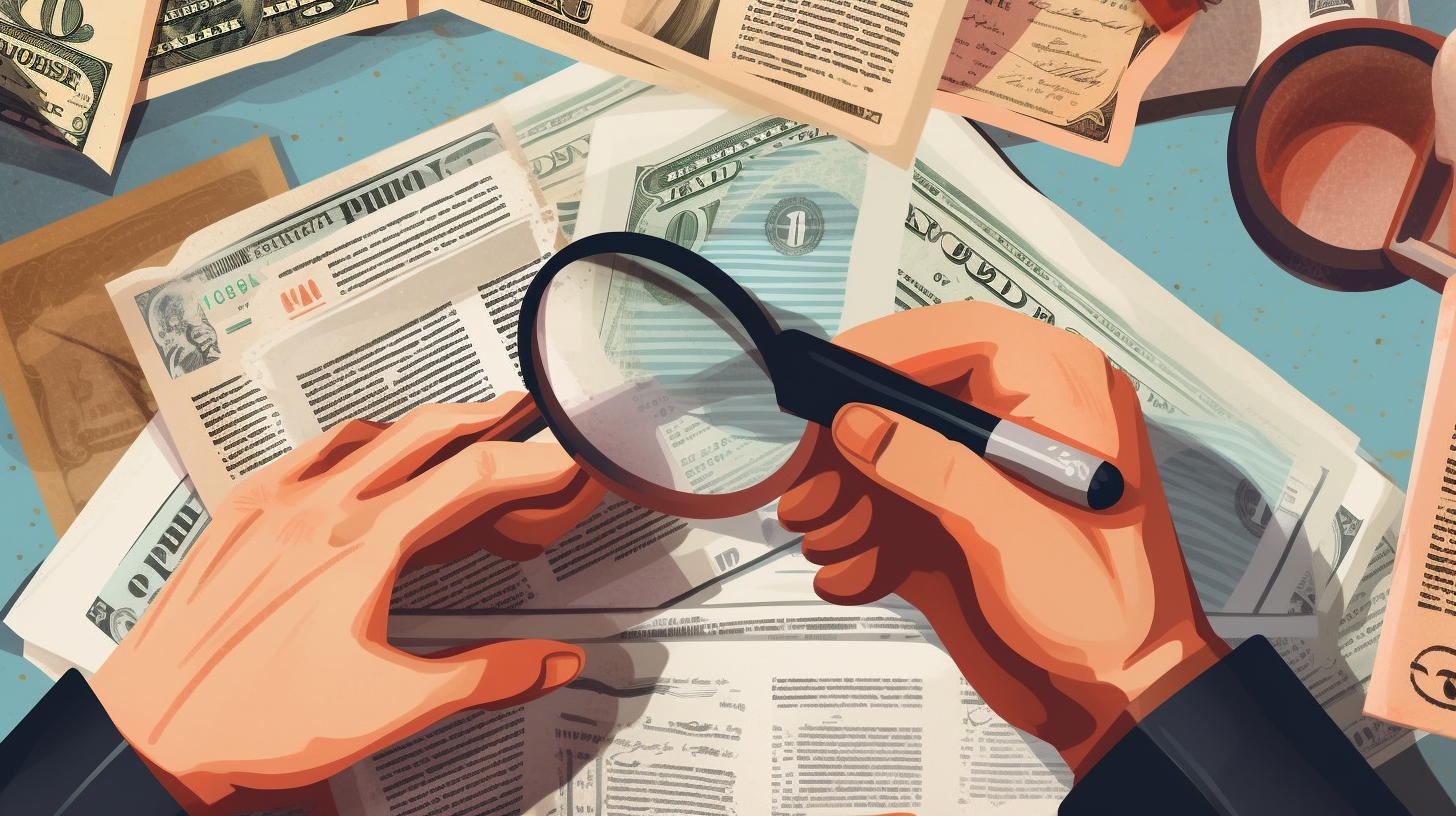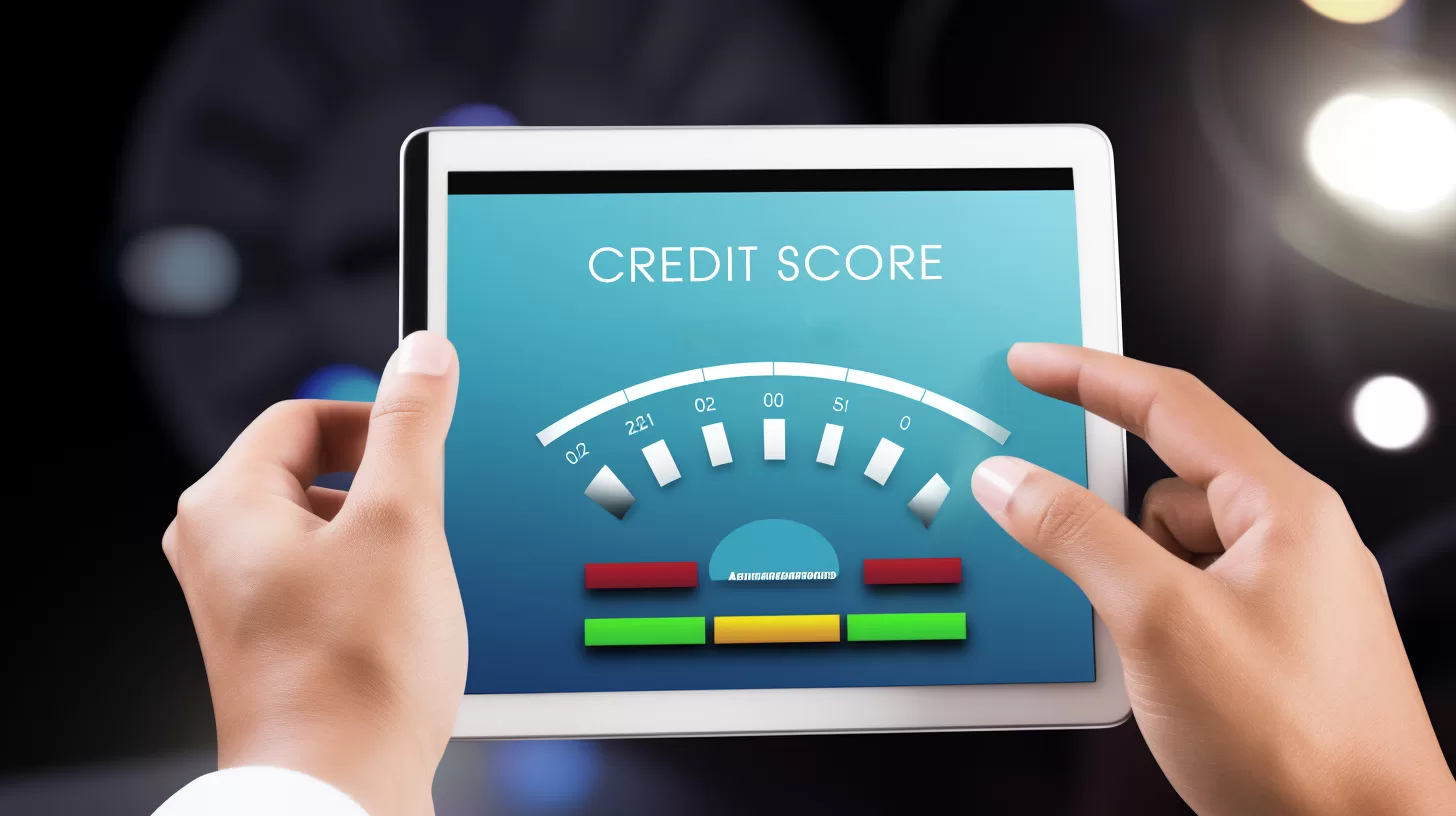As an investor, inflation is one of the biggest threats to your wealth. It can erode the value of your savings and investments over time, leaving you with less purchasing power than you had before. Inflation can also affect the cost of living, making it harder to make ends meet. In this article, we will discuss the impact of inflation on your personal finances and what you need to know to protect yourself.
Understanding inflation
Inflation is the rate at which the general level of prices for goods and services is rising, and subsequently, the purchasing power of currency is falling. This means that over time, your money will be able to buy less than it could before due to the increased cost of goods and services.
For example, if inflation is running at 2% per year, then a $100 item will cost $102 a year later. This may not seem like a significant increase, but over time, the effect can compound and lead to a considerable difference in purchasing power.
Impact of inflation on personal finances
Inflation can have several impacts on your personal finances, including:
- Reduced purchasing power: As mentioned, inflation erodes the purchasing power of your money. This means that over time, you will need to spend more to maintain your current standard of living.
- Higher borrowing costs: Inflation can lead to higher interest rates, which will make borrowing money more expensive. This can affect your ability to take out loans or mortgages, making it harder to buy a home or invest in other assets.
- Increased costs of living: Inflation can lead to an increase in the cost of living, including housing, food, and transportation. This can put a strain on your budget and make it harder to save money.
- Lower investment returns: Inflation can also affect investment returns. For example, if your investments earn a return of 5%, but inflation is running at 2%, your real return is only 3%.
Protecting yourself from inflation
There are several ways to protect yourself from inflation, including:
- Investing in assets that appreciate with inflation: This includes investments such as stocks, real estate, and commodities.
- Diversifying your portfolio: By investing in a variety of assets, you can reduce the impact of inflation on your overall portfolio.
- Considering inflation-protected investments: Some investments, such as Treasury Inflation-Protected Securities (TIPS), are specifically designed to protect against inflation.
- Keeping an eye on inflation: Staying informed about inflation rates and economic trends can help you make better financial decisions.
Inflation is a significant threat to your personal finances and can have a long-term impact on your financial goals. By understanding the impact of inflation and taking steps to protect yourself, you can ensure that your investments and savings retain their value over time. With careful planning and attention, you can build a portfolio that is resistant to the effects of inflation and will help you achieve your financial goals.





